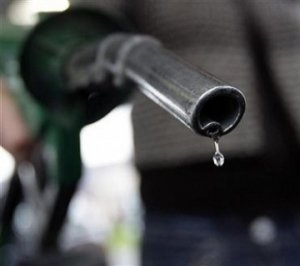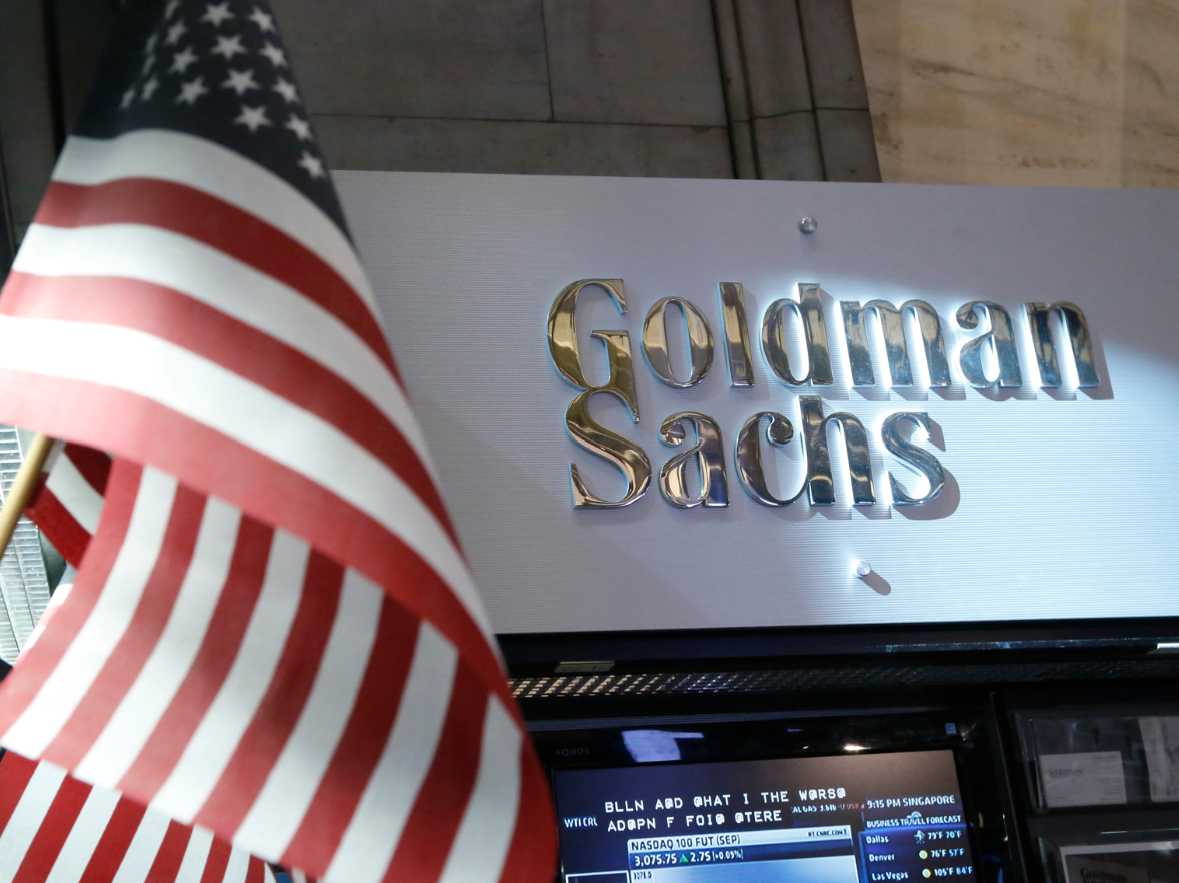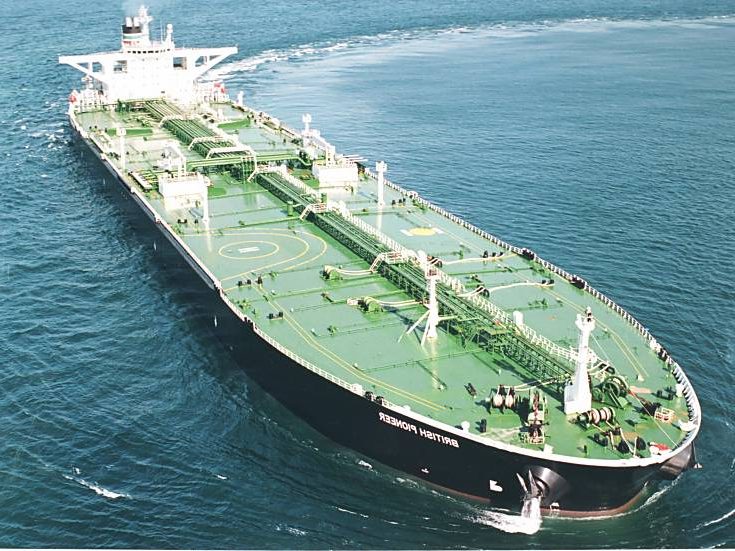
– Says Nigeria spent N6.85trn on subsidy in 14 years
Ike Amos
Dublin, Ireland — Contrary to President Muhammadu Buhari’s proposal to spend over N4 trillion on subsidy of Premium Motor Spirit, PMS, also known as petrol, in 2022, the Nigeria Extractive Industry Transparency Initiative, NEITI, has revealed that between 2006 and 2019, a period of 14 years, the country had spent a total of N6.85 trillion on fuel subsidy.
Curiously, the Federal Government had earlier budgeted N442.72 billion to subsidise petrol for Nigerians in the 2022 budget, however, in April 2022, it wrote to the National Assembly, asking for an amendment to the Medium-Term Expenditure Framework, increasing the amount budgeted for fuel subsidy by N3.56 trillion, to about N4 trillion.
The presidency blamed the rising price of crude oil in the international market for the hike in the budget for subsidy.
However, NEITI, in its 2020 Oil and Gas Industry Report, released a couple of days ago, revealed that even during the years when crude oil prices were higher than prices that are obtained in the market today, the country’s subsidy expenditures were not as high as proposed by the presidency for 2022.
Specifically, in its collation of crude oil prices for different years, one of the leading providers of markets and consumer data, globally, Statista, disclosed that between 1976 and 2022, the highest annual average crude oil price, using Brent crude, the benchmark crude, was recorded in 2012, when the average price of the commodity for that year was $111.63 per barrel.
In 2011, the average crude oil price was $111.26 per barrel, while in 2013 and 2014, the average crude oil price was $108.56 and $98.97 per barrel, respectively.
In 2022, so far, the firm disclosed that the average price of crude oil is currently $100.3 per barrel.
Irrespective of the high crude oil prices between 2011 and 2014, NEITI report showed that in 2011, Nigeria spent N1.9 trillion on fuel subsidy, while in 2012, 2013 and 2014, N690 billion, N495 billion and N482 billion were spent respectively on subsidy of the commodity.
Furthermore, the report noted that in 2006, 2007, 2008, 2009 and 2010, N219.72 billion, N236.64 billion, N360.18 billion, N198.11 billion and N416.45 billion, respectively.
In addition, NEITI disclosed that N316.70 billion, N99 billion, N141.63 billion, N722.3 billion and N578.07 billion were spent to subsidise petrol in 2015, 2016, 2017, 2018 and 2019, respectively.
However, it is important to note that in addition to crude oil prices in the international market, another factor that determines the fuel subsidy expenditure in Nigeria is the exchange rate of the country’s currency against other major international currencies at any material time, especially the United States’ dollar.
The naira had suffered a significant decline in value against the dollar and other major international currencies over the years, a major factor contributing to the rise in subsidy payments.



